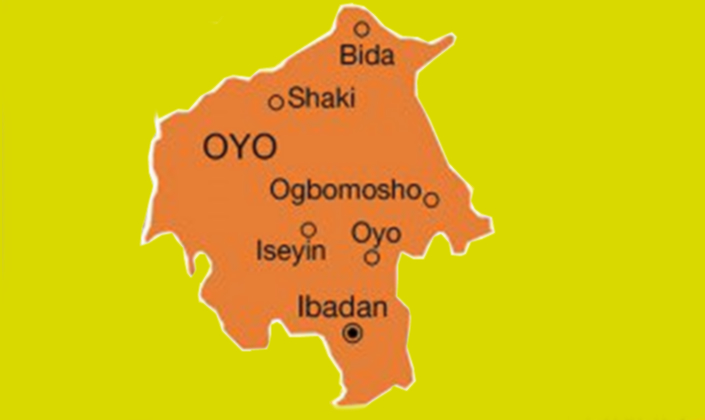Business
CBN introduces tougher oversight on POS Agents, limits cash-out to N1.2m daily

The Central Bank of Nigeria (CBN) has released new operational guidelines for agent banking across the country, placing a daily transaction cap of N1.2 million per agent.
The revised framework, announced on Monday, also mandates all financial institutions to submit monthly reports on their Point-of-Sale (POS) agents to improve regulatory oversight and service quality.
According to the circular (PSP/DIR/CON/CWO/001/049) signed by the Director of the Payments System Management Department, Musa Jimoh, the move aims to strengthen financial stability, promote inclusion, and protect consumers.
The directive, which takes immediate effect, was addressed to all deposit money banks, other financial institutions, and payment service providers.
However, certain provisions, such as those on agent location and exclusivity, will come into force on April 1, 2026.
“The Central Bank of Nigeria, in furtherance of its mandate for the stability of the financial system and pursuant to its role in deepening the financial system, hereby issues the Guidelines for the Operations of Agent Banking in Nigeria,” the circular read.
The new framework sets minimum operational standards for agent banking and requires all agent transactions to be carried out through dedicated accounts or wallets managed by the principal financial institution. The CBN warned that using non-designated accounts for agent operations would attract sanctions.
Agents involved in fraud or other misconduct will face personal liability, possible termination of their agreements, and blacklisting within the industry.
In addition, financial institutions, referred to as “principals”, must publish and regularly update the list of all registered agents on their websites and at their branches.
Super agents are also required to maintain at least 50 agents across Nigeria’s six geopolitical zones to ensure broad financial inclusion.
Under the new rules, agents cannot relocate, transfer, or close their business premises without written approval from their principals or super agents, and relocation notices must be displayed at least 30 days before the move.
All transactions must be conducted in real time using secure, interoperable systems, with receipts showing the agent’s name and geographical coordinates.
Financial institutions are required to preserve audit trails and settlement records for a minimum of five years.
The framework also sets a N1.2 million daily limit for cash withdrawals per agent, while individual customers are restricted to a maximum of N100,000 per day.
The apex bank noted that these limits may be reviewed in line with its guide to bank charges.
Furthermore, all agent devices must be geo-fenced to prevent unauthorized mobile use.
Financial institutions are to submit detailed monthly reports to the CBN, including transaction volumes, fraud incidents, active agent numbers, and customer complaints, by the 10th of every month.
The CBN emphasized that it retains the power to request additional data, inspect agents, or sanction institutions that breach the new rules. Penalties may include suspension from onboarding new agents, blacklisting, removal of management officials, or licence revocation.
The apex bank said the updated framework reinforces its commitment to expanding financial inclusion, ensuring transparency, and building public trust in Nigeria’s financial services sector.
-

 News33 minutes ago
News33 minutes agoOpposition Reps raise alarm over alleged non-implementation of 2025 budget
-

 Business30 minutes ago
Business30 minutes agoCurrency outside Banks rises 10.2% as money supply expands
-

 World News24 minutes ago
World News24 minutes agoNigeria’s exports to Africa hits N4.82trn
-

 National News21 minutes ago
National News21 minutes agoClean Energy key to survival, healthy living — Remi Tinubu
-

 Metro16 minutes ago
Metro16 minutes agoPolice Inspector killed as officers rescue kidnap victim in Oyo
























